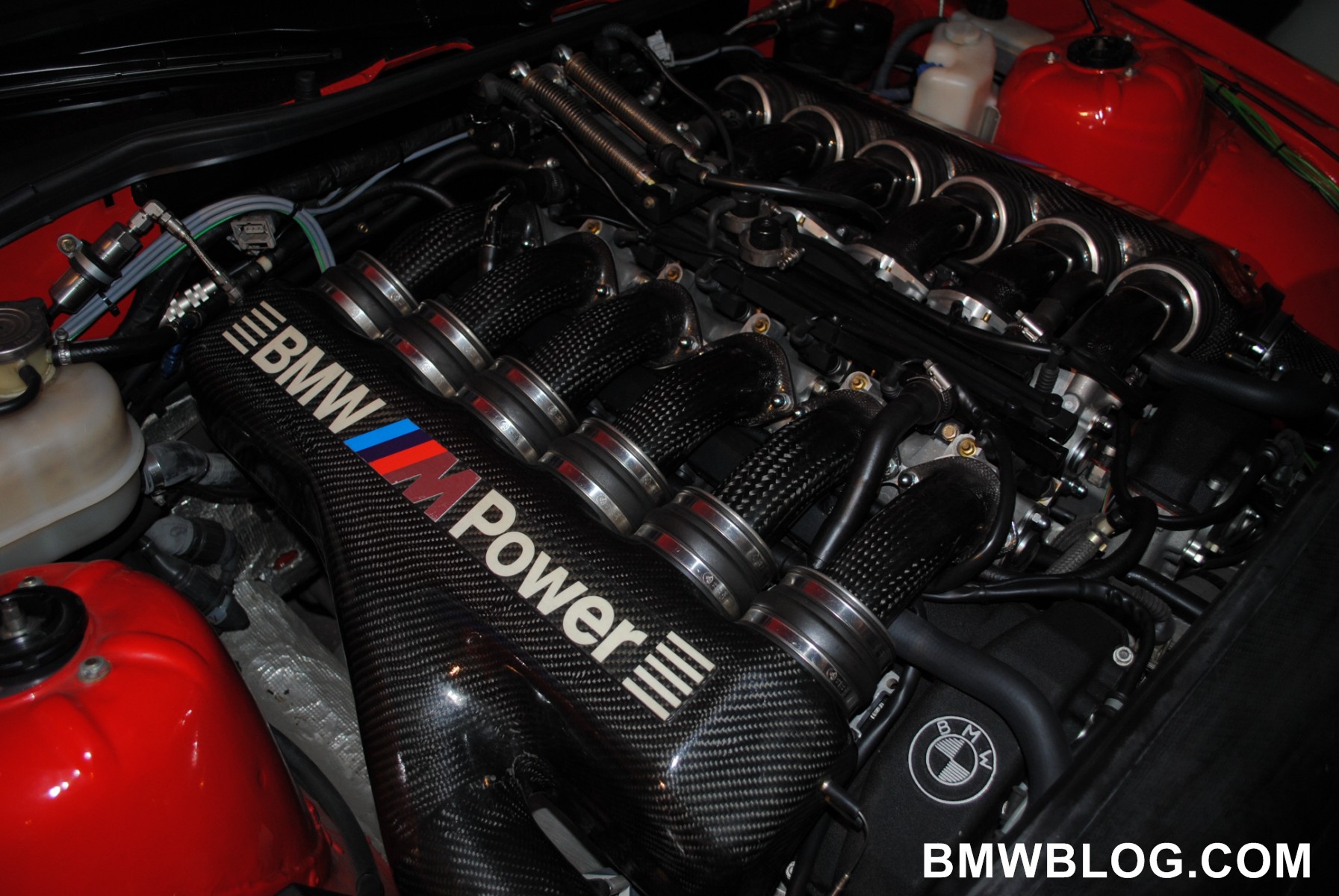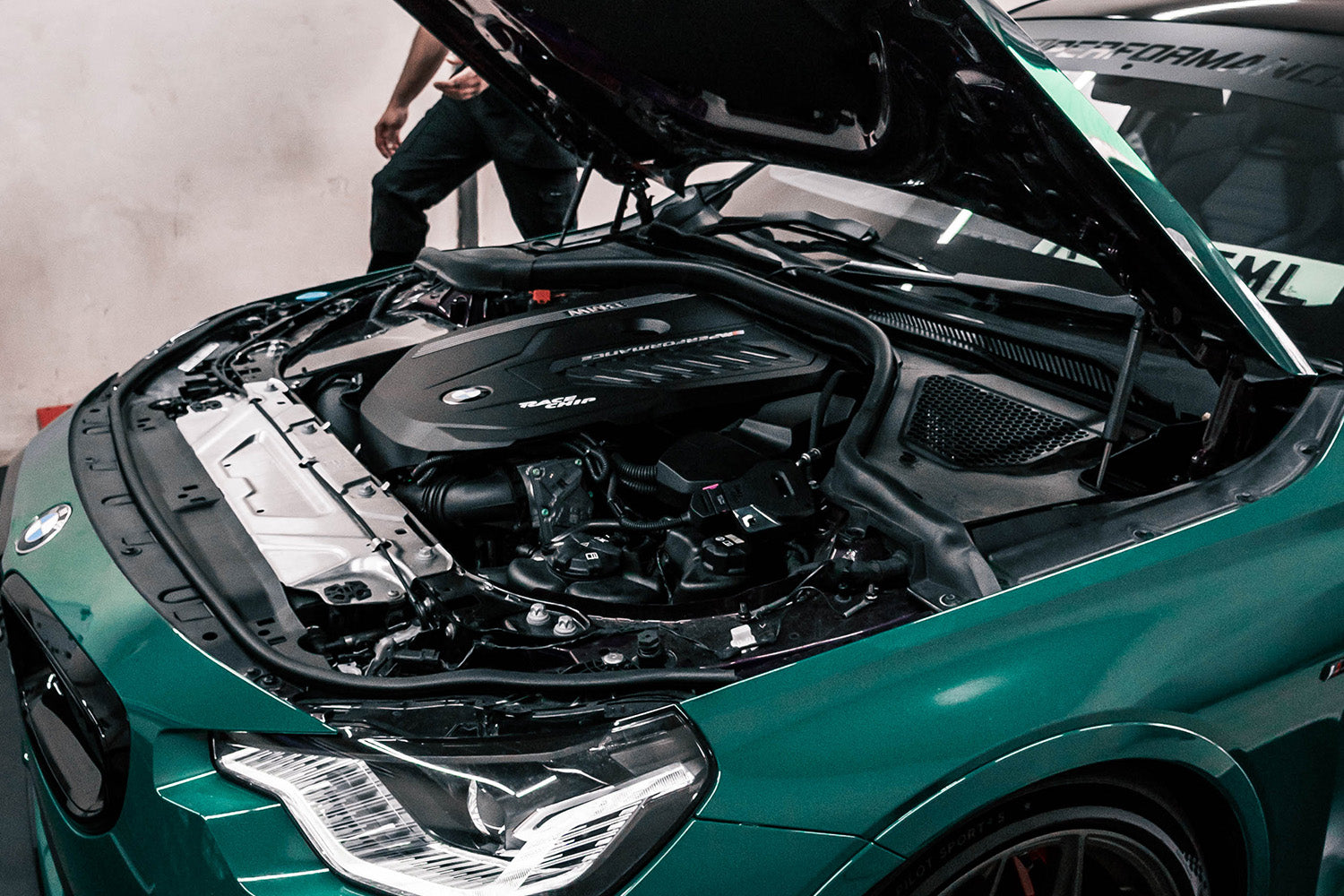Top 5 BMW Engine Technologies Transforming the Automotive Market
Top 5 BMW Engine Technologies Transforming the Automotive Market
Blog Article
Revealing the Intricacies of Next-Generation Power Units: a Deep Dive Into Advanced Engine Designs and Developments
As we stand on the precipice of a new period in transportation, the complexities of next-generation engine layouts bid us to check out the sophisticated modern technologies and advancements that guarantee to redefine the driving experience. Delving deeper into the worlds of emission control, intelligent engine monitoring systems, and the perspective of power system advancement, we discover ourselves on the cusp of a change that assures to improve the landscape of flexibility as we know it.
Evolution of Engine Products

The shift in the direction of advanced engine products has actually also enabled designers to develop engines with higher power results while maintaining gas efficiency requirements. For example, using light-weight materials minimizes the overall weight of the engine, leading to boosted gas economy and reduced discharges. Additionally, improvements in products modern technology have enabled far better thermal administration within engines, causing increased reliability and durability.
Turbocharging and Supercharging Technologies
Exactly How do Turbocharging and Supercharging Technologies reinvent engine efficiency and effectiveness in modern cars? Turbocharging and supercharging are technologies that considerably enhance engine performance by raising the amount of air consumption right into the burning chamber. Turbocharging achieves this by utilizing a wind turbine driven by exhaust gases to pressurize the consumption air, while turbo charging makes use of a belt- or chain-driven compressor to achieve the exact same effect.
These technologies allow smaller, more fuel-efficient engines to create power equal to bigger ones, referred to as downsizing. Forcibly more air into the cylinders, turbocharging and supercharging enhance combustion efficiency, resulting in enhanced horsepower and torque output without a significant increase in engine dimension. This results in much better acceleration, pulling capacity, and general driving performance.
Furthermore, supercharging and turbocharging contribute to improved fuel effectiveness by allowing the usage of smaller engines that take in much less gas under normal driving problems - bmw engine. This mix of enhanced performance and efficiency has made turbocharging and turbo charging indispensable parts of many modern-day engine designs
Discharge Control and Environmental Effect
With enhancing international concerns concerning air high quality and ecological sustainability, the execution of discharge control modern technologies in cars plays an important role in decreasing dangerous contaminants launched into the environment. Modern automobiles are geared up with sophisticated emission control systems that aid minimize the ecological effect of automobile procedures. Catalytic converters, for example, are designed to transform harmful gases such as carbon monoxide gas, nitrogen oxides, and hydrocarbons right into much less damaging substances like carbon dioxide and water check my source vapor.
In addition, advancements in engine technology, such as the integration of exhaust gas recirculation systems and careful catalytic reduction, have actually considerably contributed to lowering discharges. These innovations operate in tandem to optimize burning performance and lessen the release of harmful contaminants right into the air. Additionally, the development of crossbreed and electrical cars stands for an important step towards decreasing the total ecological footprint of the transportation market.
Intelligent Engine Management Systems

In addition, these systems allow automobiles to satisfy strict discharges standards without compromising performance, providing a more ecologically pleasant driving experience. The integration of artificial knowledge and artificial intelligence capabilities in engine monitoring systems proceeds to press the borders of what is feasible, resulting in you can find out more further renovations in performance, integrity, and total car efficiency. bmw engine. As automobile innovation developments, smart engine management systems will certainly play a critical role fit the future of transportation in the direction of a much more effective and lasting direction
Future Trends in Power Device Advancement
As smart engine management systems lead the way for boosted control and optimization in contemporary lorries, future patterns in power system advancement are positioned to redefine the landscape of auto propulsion technologies. One of the key fads driving advancement in power unit advancement is the change towards electrification. With an enhancing concentrate on sustainability and reducing carbon discharges, crossbreed and electric powertrains are ending up being a lot more widespread in the automotive sector. These alternate power resources use enhanced performance and efficiency anchor while straightening with rigorous environmental regulations.
Another substantial trend is the combination of sophisticated materials and producing techniques. Lightweight materials such as carbon fiber and aluminum are being utilized to lower total car weight, boosting fuel effectiveness and efficiency. In addition, advancements in 3D printing and additive production are allowing the production of complex engine components with higher precision and sturdiness.
In addition, artificial intelligence and artificial intelligence are playing a critical role in enhancing power device performance. These innovations allow for real-time surveillance and flexible control, bring about a lot more reliable and dependable power shipment. On the whole, future fads in power unit growth are tailored in the direction of efficiency, sustainability, and performance, driving the automobile industry in the direction of a new age of propulsion technologies.

Conclusion
In verdict, the developments in engine products, turbocharging, exhaust control, and intelligent management systems have led the way for next-generation power units. The elaborate styles and technologies in contemporary engines showcase the recurring advancement of automotive technology.
Exploring the modern developments in engine materials has been essential in enhancing the efficiency and effectiveness of modern engines. Over the years, the development of engine products has played a crucial duty in pressing the boundaries of what engines can accomplish.The change in the direction of advanced engine products has actually additionally allowed engineers to design engines with higher power outputs while maintaining fuel efficiency standards.The execution of intelligent engine management systems in modern-day cars has actually changed the way engines are managed and optimized for performance and effectiveness. By collecting data in real-time and evaluating it with innovative formulas, smart engine monitoring systems can adapt to driving designs, ecological aspects, and engine health to make best use of power output while minimizing gas intake and emissions.
Report this page